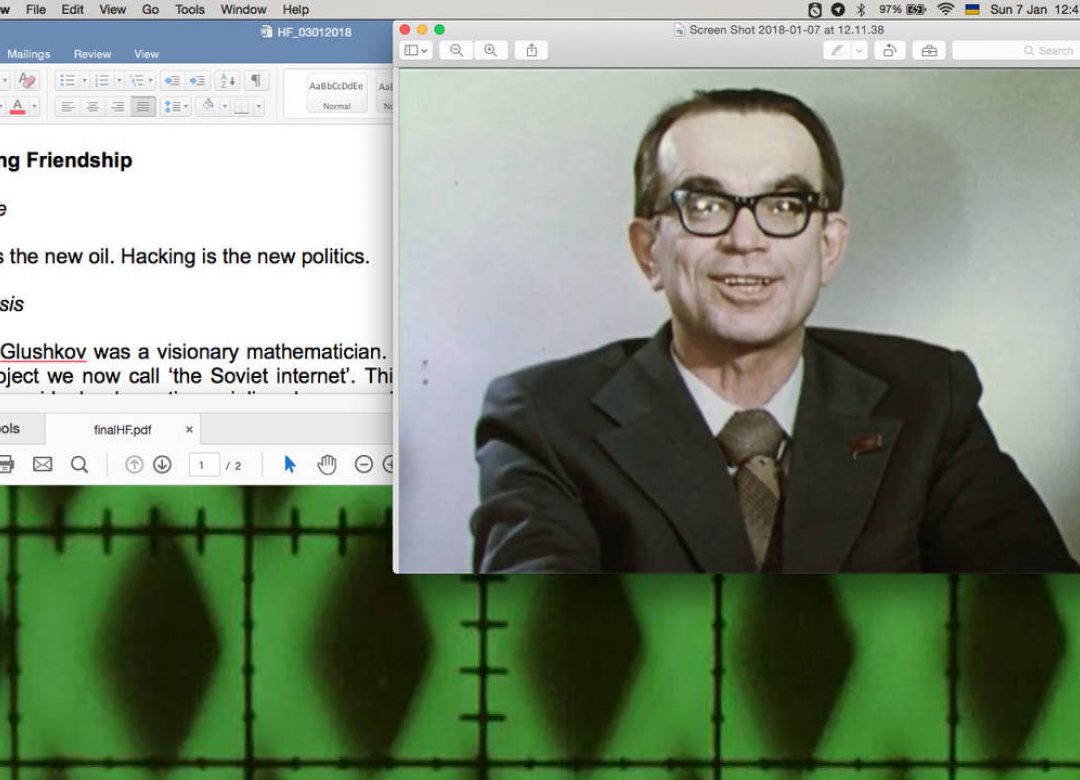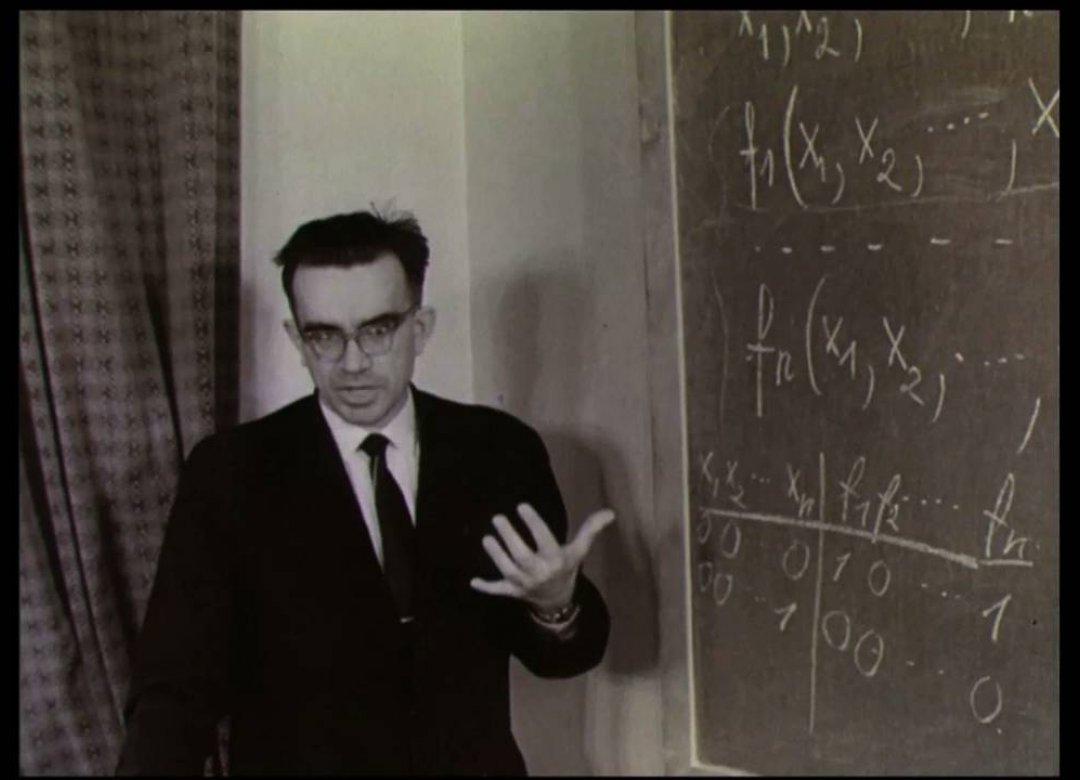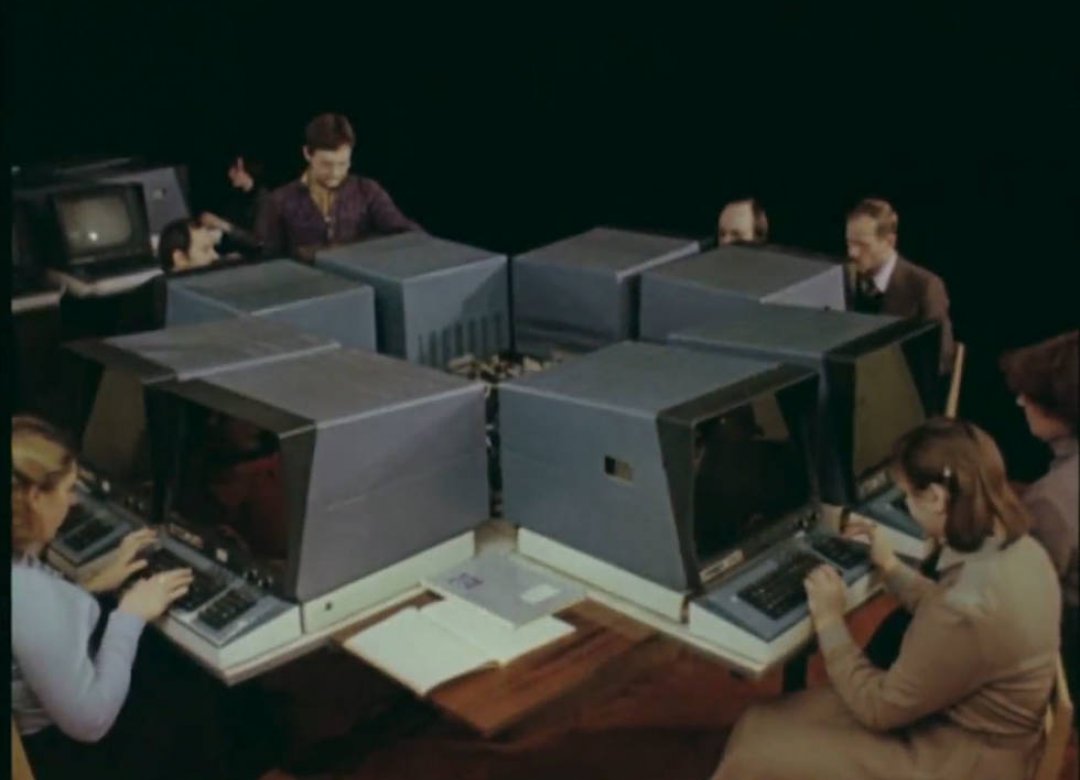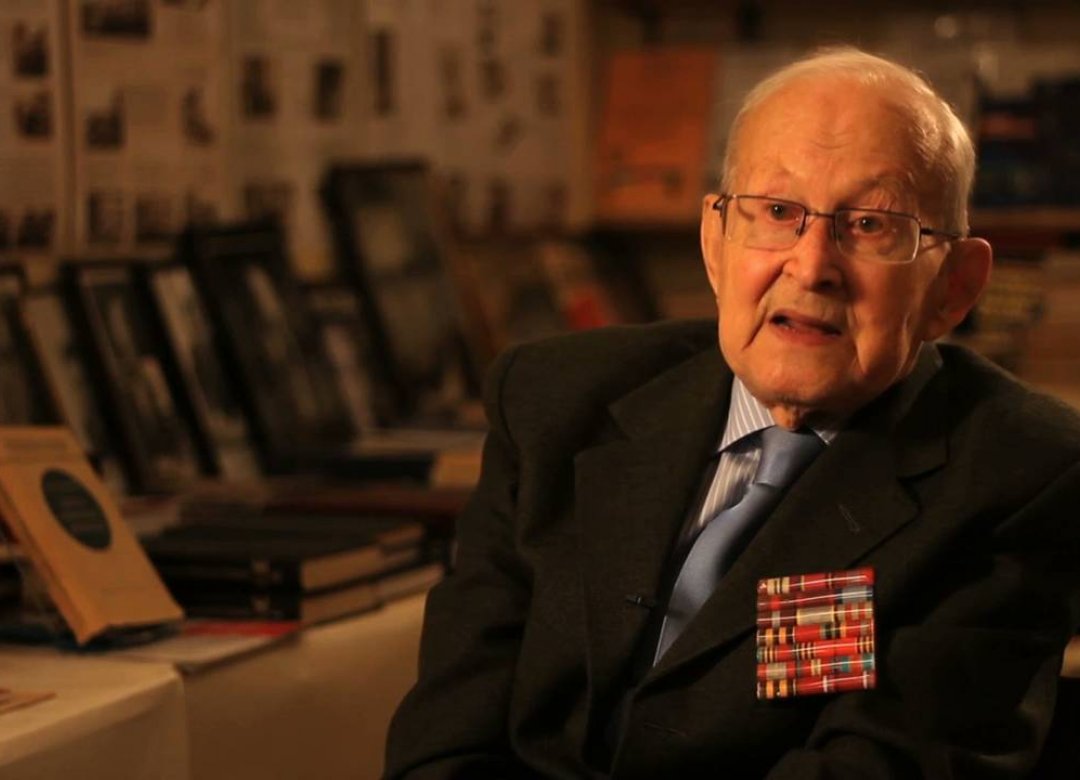Synopsis
Viktor Glushkov was a visionary mathematician. In the early 1960ies, he came up with the project now called ‘the Soviet internet’. This computer network was supposed to create an ideal cybernetic socialism by managing information flows and running the Soviet economy.
When Glushkov’s vision was one step from being implemented, he was told by the top party officials that this project had to wait. Instead of building a network where data would circulate, he was asked to create a very different kind of network: the one that circulates fossil fuels. The pipeline network that Glushkov designed, named Friendship (Druzhba), operates to this day, transporting oil from Siberia to Europe through Ukraine. It is one of the foundations of Putin’s regime which relies on selling massive amounts of fossil fuels to Europe (contributing a great deal to catastrophic climate change). Meanwhile, Glushkov’s ‘Soviet internet’ was never built.
It’s 2018 and the buzz is about cyber-warfare, the transition to digital future and the Russian hackers who are trying to disrupt it. The economists now claim that ‘data is the new oil’. But still, some infrastructure projects that are being built all around the globe might deprive the humanity of any future, locking it in a XX-century model of fossilized economy that leads to ecological disaster. One of them is Nord Stream II, a pipeline that might carry Russian natural gas directly to Germany. Projects of this kind pose a catastrophic threat to the planet – but why are politicians still pursuing them, given that current technology allows a full transition to fossil-free, information-based economy?
Hacking Friendship is a film that builds parallels between the story of Viktor Glushkov’s projects in the USSR and current trends in technology, geopolitics and ecology. Using the form of ‘desktop documentary’, the film argues that we should look at the catastrophic mistakes of the past to avoid their repetition in the present.
When Glushkov’s vision was one step from being implemented, he was told by the top party officials that this project had to wait. Instead of building a network where data would circulate, he was asked to create a very different kind of network: the one that circulates fossil fuels. The pipeline network that Glushkov designed, named Friendship (Druzhba), operates to this day, transporting oil from Siberia to Europe through Ukraine. It is one of the foundations of Putin’s regime which relies on selling massive amounts of fossil fuels to Europe (contributing a great deal to catastrophic climate change). Meanwhile, Glushkov’s ‘Soviet internet’ was never built.
It’s 2018 and the buzz is about cyber-warfare, the transition to digital future and the Russian hackers who are trying to disrupt it. The economists now claim that ‘data is the new oil’. But still, some infrastructure projects that are being built all around the globe might deprive the humanity of any future, locking it in a XX-century model of fossilized economy that leads to ecological disaster. One of them is Nord Stream II, a pipeline that might carry Russian natural gas directly to Germany. Projects of this kind pose a catastrophic threat to the planet – but why are politicians still pursuing them, given that current technology allows a full transition to fossil-free, information-based economy?
Hacking Friendship is a film that builds parallels between the story of Viktor Glushkov’s projects in the USSR and current trends in technology, geopolitics and ecology. Using the form of ‘desktop documentary’, the film argues that we should look at the catastrophic mistakes of the past to avoid their repetition in the present.
Articles

9. 3. 2018
East Doc Platform Awarded Best Documentaries from Central and Eastern Europe
Organized by the Institute of Documentary Film, the EAST DOC PLATFORM – the largest event for documentary filmmakers in Central and Eastern Europe – took place for the seventh time. Prague hosted 350 film professionals from around the world.
read more
Gallery



